Brazil Former President Jair Bolsonaro, once a powerful leader with huge influence, is now under constant police surveillance. The Supreme Court ordered round-the-clock monitoring of his home in Brasília. Judges believe Bolsonaro could try to flee the country as he faces a historic trial on coup charges.
This decision adds to a growing list of restrictions placed on the former president. It also highlights how serious the accusations against him have become. Bolsonaro, who once held Brazil’s highest office, is now fighting to defend his freedom and reputation.
Supreme Court orders police to guard Bolsonaro nonstop
Justice Alexandre de Moraes, one of the Supreme Court’s most powerful figures, announced the latest measure. He told federal police to keep permanent watch over Bolsonaro’s home. Officers must stay nearby every hour of the day and night. However, the judge made clear that they should not enter his property or disturb neighbors. Instead, their job is to make sure Bolsonaro follows the rules and does not attempt to escape.
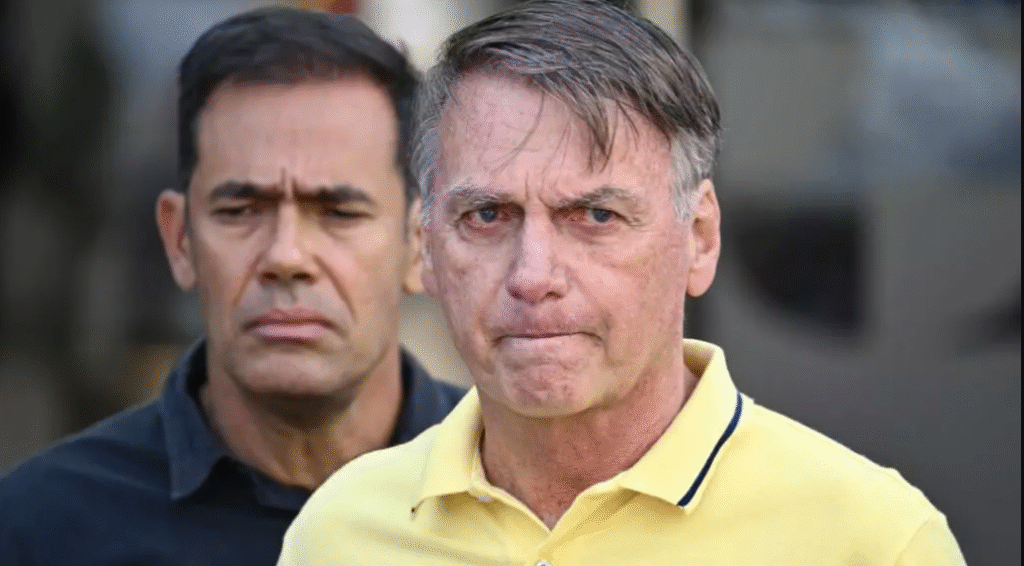
This order reflects the court’s concern that Bolsonaro, who still has loyal supporters, might try to use political networks or foreign allies to avoid trial.
Draft letter for asylum sparks fears of escape plan
The court’s decision followed new evidence that shocked investigators. Authorities found a draft letter on Bolsonaro’s phone, written as a request for political asylum in Argentina. The document surfaced in early 2024, and prosecutors believe it shows he considered fleeing once before.
Investigators also linked the case to his son, Eduardo Bolsonaro, who lives in the United States. Authorities fear the family might coordinate an escape abroad, especially since Bolsonaro still has allies in foreign governments.
This evidence made prosecutors push harder for strict control. For them, surveillance is the only way to guarantee Bolsonaro stays in Brazil during the trial.
Bolsonaro’s defense team strongly rejected the accusations. His lawyers explained that the asylum draft was old and should not be treated as proof of a real plan. They argued Bolsonaro has not broken court orders or attempted to leave the country.
Trial focuses on coup plot and obstruction charges
Bolsonaro’s upcoming trial could be one of the most important in Brazil’s modern history. Prosecutors accuse him of leading a plan to overturn the 2022 election, which he lost to Luiz Inácio Lula da Silva. The charges claim Bolsonaro and top allies tried to stage a coup to keep him in power.

Seven close aides, including military generals and advisors, will also stand trial. They are accused of helping organize meetings, strategies, and misinformation campaigns to delegitimize the election.
Alongside the coup charges, Bolsonaro faces obstruction of justice accusations. Prosecutors say he tried to interfere with investigations and block evidence that could hurt his defense.
Restrictions tighten with ankle monitor and house arrest
The surveillance order is not the only restriction Bolsonaro faces. Earlier in August, the court ordered him to wear an electronic ankle monitor. Judges explained that this device is necessary to track his movements and stop any attempt to leave the country.
Bolsonaro is also under house arrest. He cannot use social media, attend rallies, or speak publicly about the trial. These measures aim to prevent him from mobilizing his supporters or spreading disinformation.
For a man who once campaigned on free speech and strong leadership, these restrictions mark a dramatic fall from power.
Political tensions rise as case shakes Brazil’s democracy
The trial is not just a legal battle; it is also a political storm. Bolsonaro’s allies, both in Brazil and abroad, have loudly criticized the court’s actions. U.S. President Donald Trump, one of Bolsonaro’s closest international supporters, said the charges were politically motivated.
The United States government responded by imposing sanctions on Brazilian judges, including Justice Moraes. Washington also placed tariffs on Brazilian exports, creating new diplomatic tensions.
President Lula has defended the judiciary and strengthened ties with BRICS partners like China, Russia, and India. These moves suggest that Brazil’s political future could also shape its place in global geopolitics.


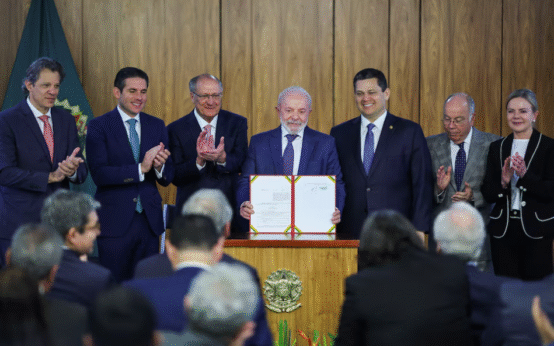 Brazil announces $5.5B package to counter Trump’s tariffs
Brazil announces $5.5B package to counter Trump’s tariffs 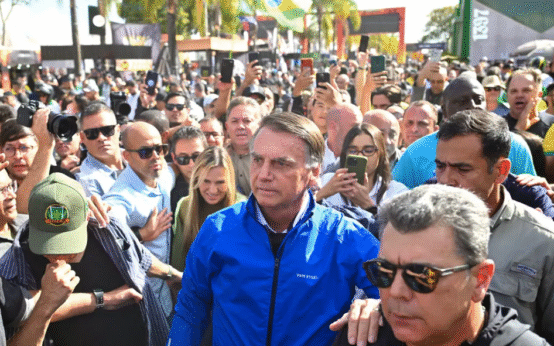 Brazil’s Supreme Court Puts Bolsonaro Under House Arrest
Brazil’s Supreme Court Puts Bolsonaro Under House Arrest 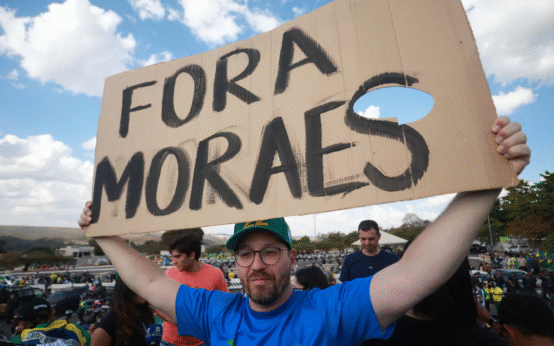 US Treasury sanctions Brazilian judge overseeing Bolsonaro’s trial
US Treasury sanctions Brazilian judge overseeing Bolsonaro’s trial 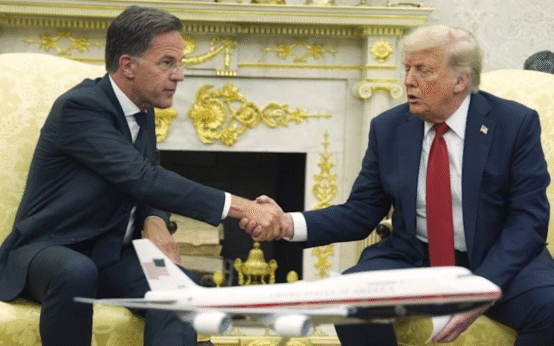 US-Brazil relations reach new low as spat intensifies
US-Brazil relations reach new low as spat intensifies 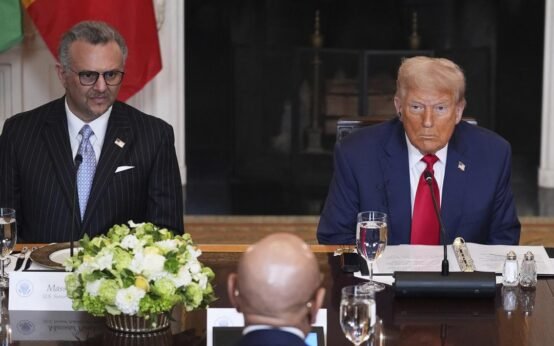 Trump Threatens Brazil with 50% Tariff Over Bolsonaro Trial
Trump Threatens Brazil with 50% Tariff Over Bolsonaro Trial 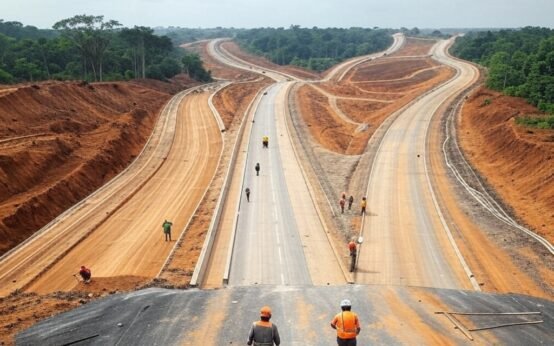 Why is Brazil Cutting Amazon Forest?
Why is Brazil Cutting Amazon Forest?